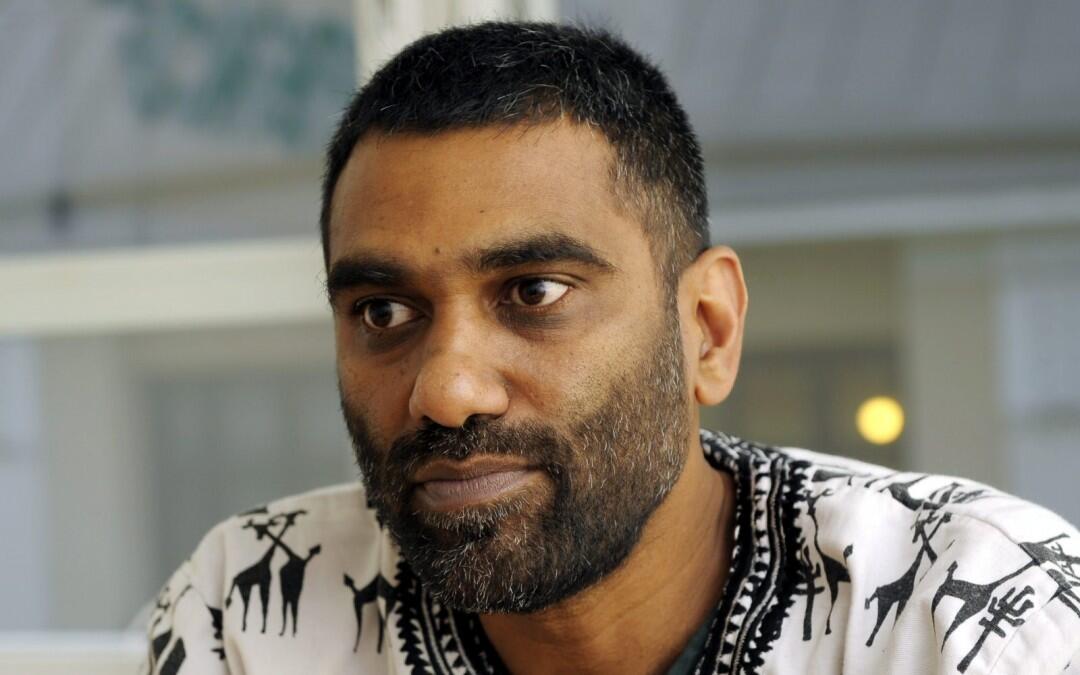Kumi Naidoo, the Greenpeace International Executive Director, has published an open letter to Prime Minister Modi expressing sympathy with those affected by the floods in Chennai, and saying the Indian leader could play a ‘heroic role’ at the Paris climate talks.
There is a focus on India’s position at the climate summit and widespread media coverage identifying India as a possible spoiler or blocker of any agreement.
Kumi Naidoo rejects this portrayal, saying: “Climate change was not made in India, but the price is being paid in India. Could the grounds for a solution now be laid by India?”
He adds:
“Greenpeace and civil society stands with India in demanding accountability from the major polluters. We recognise that richer countries are still not doing enough. But if India moves, in the process forcing richer countries to move too, then it will not just be campaigners like me who will be grateful, but billions of people not yet born.”
In his letter, Naidoo urges Prime Minister Modi to consider the plight of the most vulnerable people in India and around the world, by embracing a long-term goal of 100% renewable energy access for all by 2050. This is the best way of keeping global temperature rises to below 1.5 C – which the most vulnerable countries have called for.
Full text of the letter below:
Dear Prime Minister Modi,
I write to you from Paris to express my solidarity as India faces devastating floods in Chennai. I am an African, but my ancestors hailed from the region that is suffering. My thoughts – and the thoughts of the organisation I lead – are with the victims. Those responsible for the humanitarian response face great challenges. We wish them success.
I have read in media reports that you have explicitly linked floods in Chennai to human-induced climate change. You are not the only one. Experts suspect that the Chennai floods, and the earlier flooding in other parts of Tamil Nadu, are examples of climate change impacts.
Prime Minister, we recognise that India is not historically responsible for this problem. How could it be? India’s contribution to the accumulation of carbon in our atmosphere from burning oil, coal and gas is comparatively small. The same can be said for Africa – the continent to which my ancestors were brought as indentured servants by the British colonialists – and Tuvalu and Kiribati and the other vulnerable countries whose leaders came to Paris, demanding a meaningful, ambitious agreement.
Climate change was not made in India, but the price is being paid in India. Could the grounds for a solution now be laid by India? Could you, the political leader of nearly one-fifth of humanity, make history by securing a deal for the world?
Greenpeace and civil society stands with India in demanding accountability from the major polluters. We also stand with vulnerable people in demanding action from the major polluters of the future. We recognise that richer countries are still not doing enough. But if India moves, in the process forcing richer countries to move too, then it will not just be campaigners like me who will be grateful to you, but billions of people not yet born.
As you know, there is a debate here in Paris about whether the cap on warming should be set at 1.5 or 2 degrees, and whether to set a target of 100% renewable energy by 2050, or later in the century. I urge you to consider the plight of the most vulnerable people in India and around the world, and embrace that long-term goal of 100% renewable energy access for all by 2050. That would be the best way to keep alive the possibility that temperature rises can be kept below 1.5 degrees.
I see the potential for India to play an heroic role at these talks. And why wouldn’t it? India can be a leader in the coming renewable energy revolution. India can generate millions of new jobs in the clean energy sector – ensuring a just transition from dirty energy jobs to clean energy jobs, so that workers in the fossil fuel sector are not punished. India can take the millions of people who are energy poor out of energy poverty much faster by relying on new technologies instead of yesterday’s fuel sources. We acknowledge and congratulate India on the targets set for renewable energy (especially solar and wind) until 2022. Indeed, we’ve seen the potential in solar and decentralised renewable energy models, in the course of our involvement with a solar energy project in Dharnai, a village in Bihar.
I have seen the huge potential of clean energy to change lives in India – bringing jobs, energy access, water for agriculture, and other benefits. Greenpeace was delighted to see you launch the Solar Alliance here in Paris on Monday. We share your vision of bringing progress to millions of people via decentralised renewable energy. We wish the Solar Alliance success so that it can bring – as you put it – a “sunrise of new hope, not just for clean energy but for villages and homes still in darkness”. It is only decisive action like this that can prevent the disaster in Chennai from becoming the new normal.
The Paris climate agreement must signal a vision similar to that of the Solar Alliance you lead. We stand with you in your demand for a deal that serves the interests of India and the wider world – and also for the people of Chennai. And we hope you will stand with the most vulnerable and help deliver success here in Paris by supporting 100% renewables for all by 2050. Because that is the best way to to keep temperature rises below dangerous levels.
Yours faithfully
Kumi Naidoo
Executive Director
Greenpeace International











